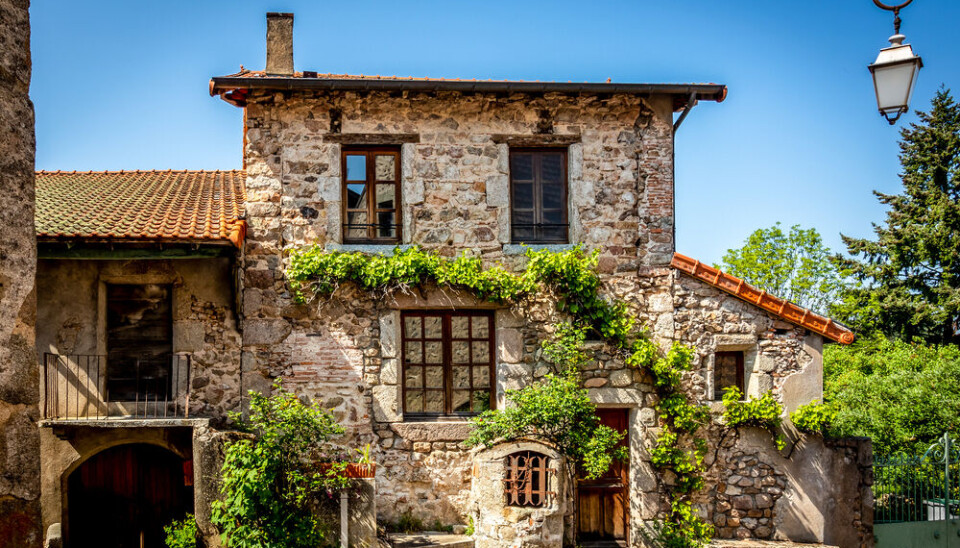Understand French tax rules on furnished rentals
Confusion over the rules has been rife after government error last year
You need to take into account where your property is situated and rental income
Ko Zatu / Shutterstock
There has been much confusion this year surrounding the taxation of income from gîtes and other furnished short-term holiday rentals and many people wonder whether it is still worth doing or not.
Under the rules in place for 2024 income (declared in 2025), a lot depends on where your property is situated, how much you make from it, and if you are willing to go through additional steps to have it ‘classified’ in a star-rating system.
Note that in certain large cities you must also apply to the mairie for a ‘change of use’ for the property (the rules in Paris are especially onerous), unless you are doing occasional letting of part or all or your own main home.
The rules on eligibility for the simple micro-Bic tax system, and its related fixed allowances for expenses, were changed unexpectedly in an amendment to this year’s budget law, and there has been uncertainty over their interpretation.
A
later bill proposed further changes but was interrupted by the dissolution of
parliament
Read more: Has France’s reform of tax on holiday rental properties changed?
What are French holiday let rules?
The rules, based on a recent tax authority
bulletin and confirmed to us by property tax lawyer Paul Duvaux from Paris, are
positive for star-rated properties.
They retain the ‘old’ rules and in some
cases qualify for an extra 21% allowance on top of the usual 71% (so 92%).
The
latter applies if they are also in an area not deemed subject to housing
pressures AND the income is no more than
€15,000. You can find ‘under pressure’ areas (zones tendues) here.
However, other rentals now only have a 30%
allowance (down from 50%) and the micro-Bic thresholds have been drastically lowered.
Mr Duvaux said he doubts the rules for 2024 income
will be changed again retrospectively at this stage (though it is theoretically
possible), but the rules may well change again for 2025.
These changes do not apply to chambres d’hôtes.
The micro-Bic involves set expenses allowances and simplified
tax admin. The alternative is the réel, with deduction of actual
expenses and more complex declarations, requiring an accountant.
Note that some people carrying out furnished holiday rentals must also pay
business social charges, generally from when they receive €23,000 or more in
income a year.
In some cases, if a furnished rental attracts income of more than €5,000
a year, it creates liability to CFE business tax, depending on factors such as decisions taken by the mairie.
To have a holiday rental
‘classified’, an inspection must be carried out by an accredited body – see a list of these here.
Read more: Tax rises for property owners: French mayors say they have no choice
2024 rental allowances
The allowances for 2024 income as now given by government site service-public, are as follows:
The allowances for 2024 income are:
Unclassified:
Micro-Bic up to income of €15,000 (then réel); micro-Bic allowance: 30%;
Classified in
zone tendue: Micro-Bic possible up to €188,700; allowance 71%;
Classified in other
areas with income over €15,000: Micro-Bic €188,700; allowance 71%;
Classified in other
areas with income up to €15,000: allowance 92%.
We note that there has also been a recent tax office ruling to the effect that
holiday rentals of less than a week in principle qualify for VAT. However, Mr
Duvaux said landlords with turnover less than €91,900 should remain exempt.





























